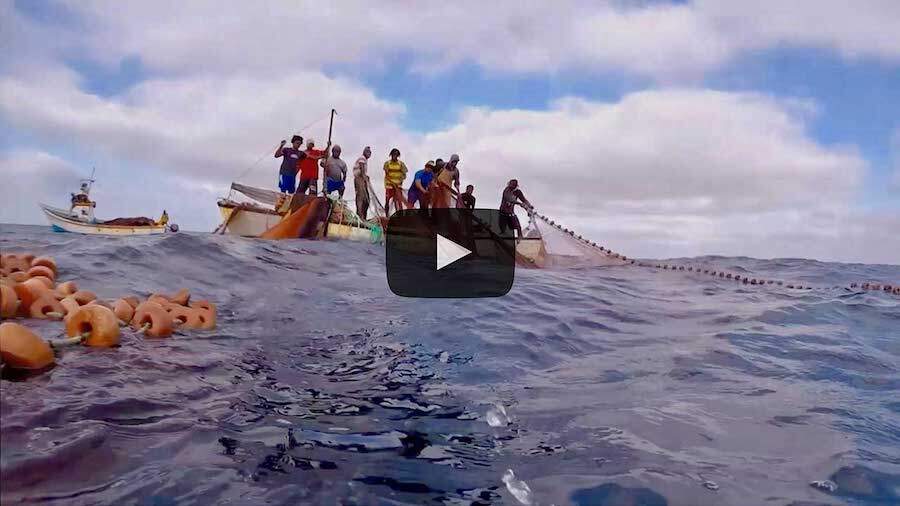Not an IASC member yet? Please follow this link to see membership options and benefits.

Abstract
The Ostrom tradition of research on collective action has built understandings of what allows marginalized groups like small-scale fishers or farmers to work together for a common purpose and why they might succeed or fail in their quest to improve their livelihoods. This research is challenging because often involves informal institutions and basic data is not readily available. This presentation describes the work our Coasts and Commons Co-laboratory has undertaken to develop a research program on collective action among small-scale fishers, who despite accounting for 97% of the fishing labor worldwide, little is understood about their determinants of collective action. At the basis of our research program is the collaboration with fishers and civil society, itself a challenge on collective action. Working together we co-developed the first country-wide diagnostic assessment of the collective action performance of fishing cooperatives (n=199) in Mexico. I explain the methodology and main findings of this large-scale study and reflect throughout the presentation on the synergies and tradeoffs of this approach to the study and policy action on collective action.